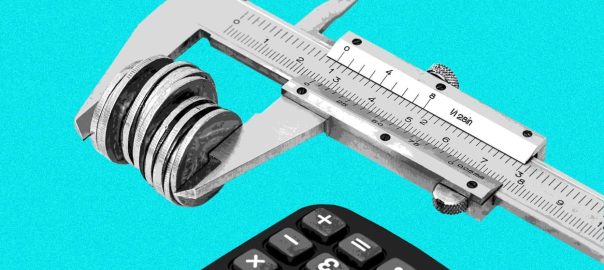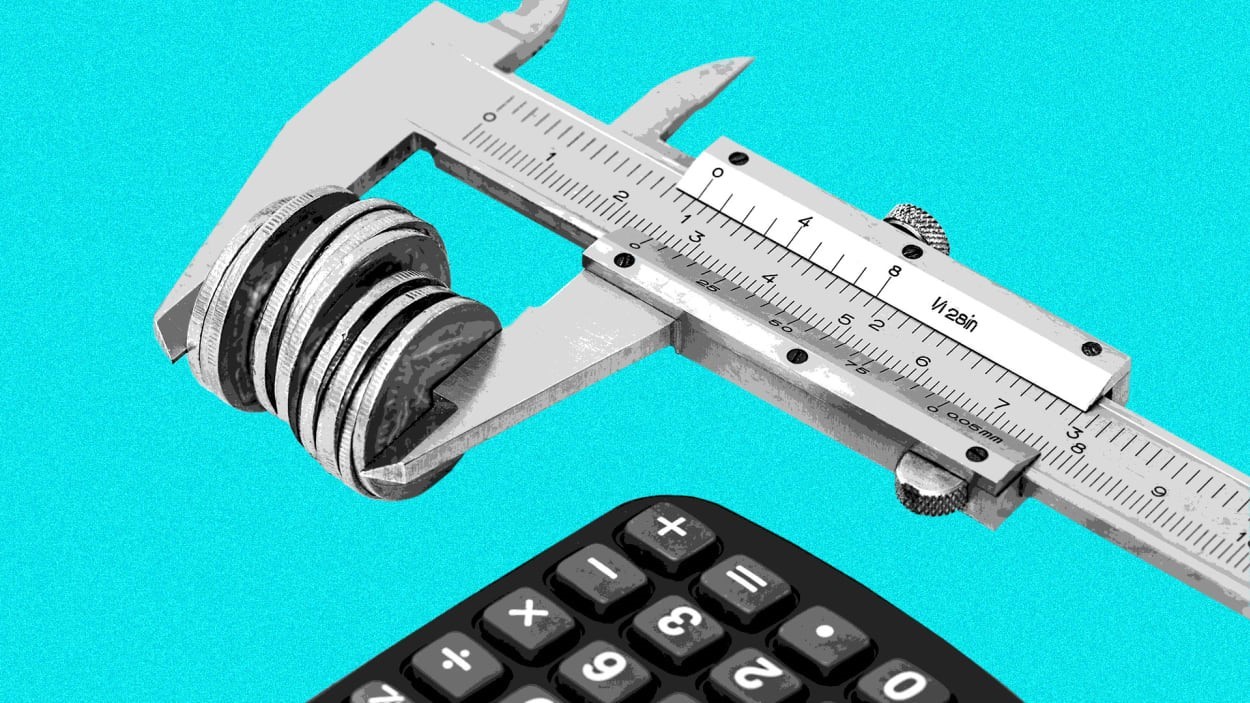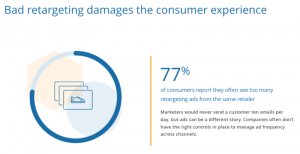By Sam Becker
While the average American may need to earn upwards of $230,000 to feel financially secure, new data shows that those comprising the lower layers of the income strata need only a fraction of that to feel comfortable.
Research from Atticus—a company that helps connect people in crisis with various forms of government aid and insurance—finds that “low-income” individuals say they need an average salary of around $52,000 in order to feel financially secure. Furthermore, the average American overall needs a salary of just under $75,000, per Atticus’ data, which is far less than what similar studies have indicated.
Atticus’ data comprises survey answers from 1,000 Americans from various backgrounds, and doesn’t stipulate exactly who qualifies as “low-income” individuals; however, it may be similar to federal poverty guidelines, published by the Department of Health and Human Services. For 2023, the federal poverty level is an income of $14,580 for a household of one, and $30,000 for a household of four.
With that in mind, an annual income of more than $50,000 might be a boon for low-income households, freeing up some significant room in their budgets. This is, of course, overshadowed by the fact that household budgets have been squeezed by rising prices over the past two years, in a way that hasn’t been seen in decades. The most recent Consumer Price Index (CPI) report, released on September 13, also showed inflation at 3.7%, which was hotter than anticipated.
As such, households across the spectrum are not seeing their incomes go as far as they used to, and that’s leading to other issues, too. Namely, as Atticus’ survey data reveals, low-income Americans are experiencing some mental scarring as a result of their financial difficulties. The survey data shows that 56% of low-income individuals “face severe mental health effects” as a result of financial strain.
“The mental health implications, with 56% experiencing severe challenges due to financial difficulties, draw attention to the emotional strains associated with financial insecurity,” Ricardo Rodriguez, a data journalist working on behalf of Atticus, tells Fast Company. “Financial stress can contribute to conditions like anxiety and depression, potentially perpetuating a cycle that inhibits economic advancement.”
Earlier this year, Fast Company reported that almost all full-time workers (97%) in the U.S. say they experience financial stress of some type, and that includes a quarter of households earning six-figure incomes. In all, financial stress can cause health issues, a loss of productivity, and even hurt employers’ earnings when tired or unfocused workers make mistakes.
Atticus’ survey data adds more evidence to a growing pile that money is a massive anchor around Americans’ necks—and the less you have, the heavier that anchor tends to be.
(9)






